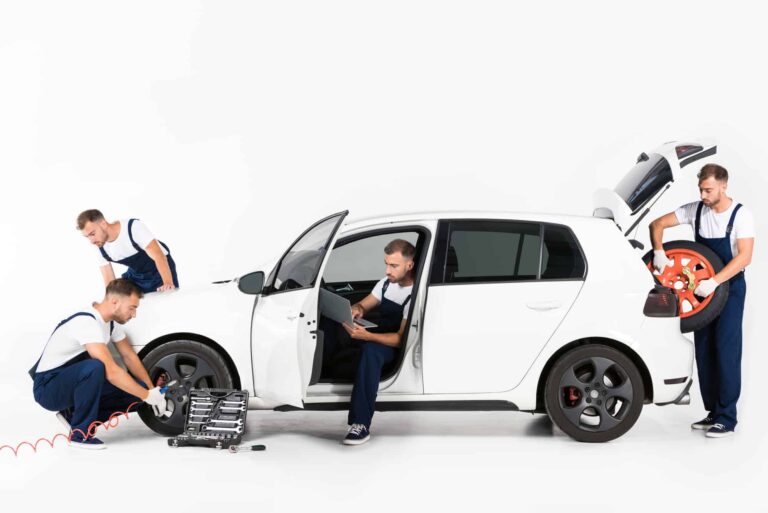A vehicle is a worthy investment. A shiny brand new car may make you feel like the king or queen of the road, but you end up losing money as soon as you drive it off your lot. In fact, it takes on depreciation in the first 2-3 years.
Buying a new car is illogical unless you have loads of money you don’t mind spending. On the other hand, purchasing a used car may be a better option. It allows you to get a better deal on a reasonably-priced vehicle and lower your daily living costs on car use and maintenance.
Before buying a used car, it’s advisable to look at the vehicle identification number (VIN) report. It is a unique number that consists of 11 and 17 characters, which can be found on any vehicle made after 1981. By doing a VIN lookup, you can learn crucial information about the pre-loved car you want to buy and look at its maintenance records or past issues.
Checking the vehicle’s VIN is important because it lets you determine if a used car is suspect or not. It can prevent you from falling victim to a scam because it informs you if the advertised VIN does not match the advertised vehicle’s make and model. Also, it can reveal any important vehicle history information, including if it has been stolen.
How Do I Decode the VIN?
The automobile VIN is a combination of letters and numbers that tells the history of a car. Here is the breakdown of a VIN:
- Digit 1: The country where the car was manufactured
- Digits 2-3: The first letter of the manufacturer’s name
- Digits 4-8: Car facts
- Digit 9: Security code used to detect invalid VINs
- Digit 10: Vehicle’s model year
- Digit 11: The plant where the vehicle was manufactured
- Digits 12-17: Unique serial number
How Do I Look Up a VIN Report?
You can find the VIN stamped into the vehicle’s chassis. It is usually found in the engine bay or beneath the plastic trim around the passenger or driver door opening. Choosing the right car data check depends on the information you need. If you plan to buy a used car, and seek more information about it, run a trusted VIN check to check car history reports.
What Does a VIN Report Contain?
The vehicle report contains all the key aspects you may want to know about the used car you’re planning to buy. These include the following:
- Car accident claim
- Car accident reports
- Car history
- Car titles
- Inspection, service, car registrations history
- Lien and repossession records
- The type of car
- Odometer readings
- Total loss records
- Mileage rollback (car mileage check)
- Recalls and defects
- Theft and recovery records
- Personal, police, or taxi use
Where Can I Access Vehicle History Information?
Some websites offer VIN lookup for free. However, they usually give only the necessary information about the car, such as the engine size or assembly plant/fuel type. At zipVIN, we provide you with access to the most comprehensive vehicle history information at affordable rates and offer completely free VIN checks for your convenience!
Conclusion
Being able to afford a car takes a lot of money, time, and hard work. Don’t let your hard-earned cash go down the drain when buying a used car by performing a VIN lookup. When checking a used car, run a VIN lookup and check the vehicle history report. Doing so lets you have peace of mind because you know you won’t get scammed, and you will end up purchasing a quality vehicle with a clean record.
Buy a used car safely by running a completely free VIN check on our website today! That way, you can make well-informed purchase decisions, ensuring you can get the most out of your new vehicle!






